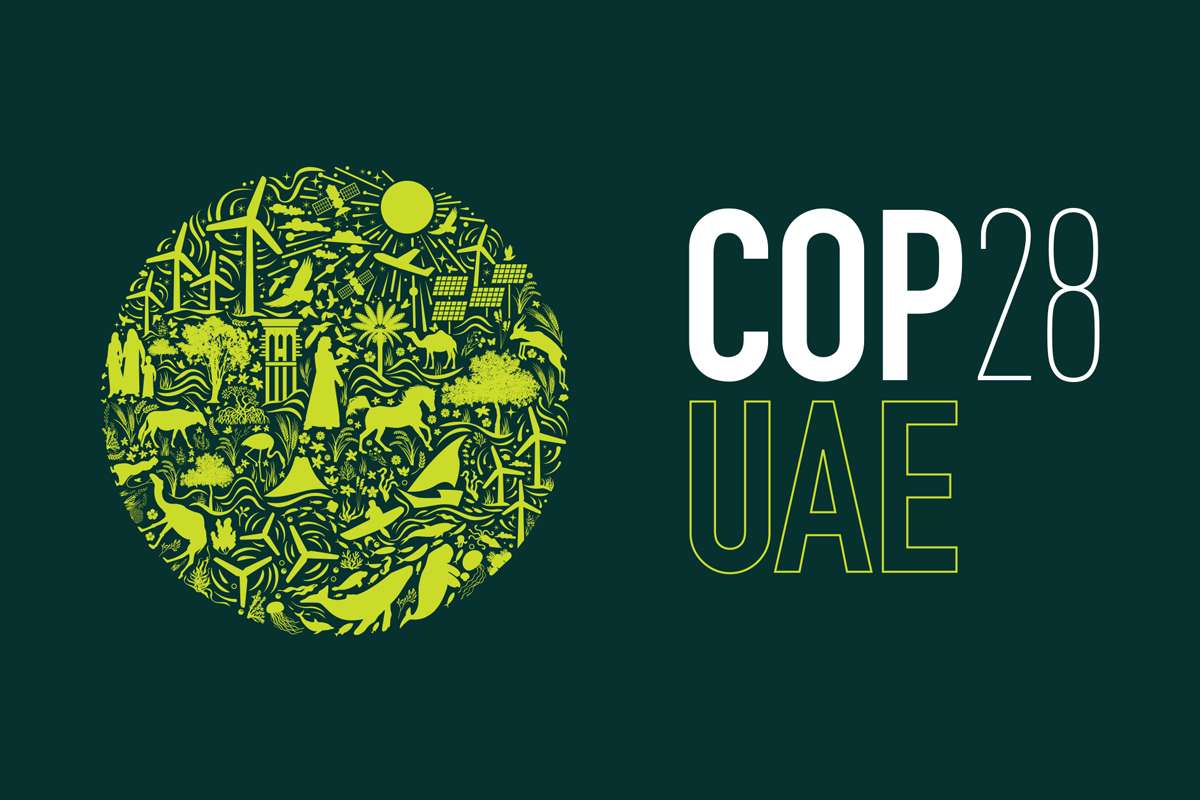This year’s largest climate conference is a global United Nations summit in the United Arab Emirates, known as COP 28 in reference to its formal title, the Conference of the Parties to the Convention (COP).

This week’s giant gathering is the latest in a long series attempting to tackle climate change: the 21st session of the COP (COP21) led to the Paris Agreement, which mobilized global collective action to limit the global temperature increase to 1.5C above pre-industrial levels by 2100, and to act to adapt to the already existing effects of climate change.
But when representatives from 197 countries arrive in Dubai on Thursday for the 28th round of these climate negotiations, and for the first ‘global stocktake’ of progress under the 2015 Paris climate agreement, they will have to wrestle with a hard question: can we still limit global warming to 1.5 °C above pre-industrial levels?
‘The first global stocktake of the Paris agreement has revealed that we are behind our climate goals,’ the Dubai Future Forum was told today [Monday] by His Excellency Ambassador Majid Al-Suwaidi, Director General & Special Representative of The UAE COP28 Presidency. ‘The science tells us that the window is rapidly closing and our chance to reduce emissions by 2030 is escaping us.’
But the stocktake is more than a review, he said: it is also an opportunity to lay out how ‘to accelerate and ambition’ and the COP28 Presidency has come up with an action plan to target key efforts around the energy transition, climate finance, adaptation and resilience, he told the Forum. ‘We need decisive action.’
He added that the current growth and development of climate technology is ‘not sufficient to achieve 1.5 degrees – we need more breakthrough technologies for deeper decarbonisation, we need more investments and R and D to bring down costs of existing and emerging technologies.’
The good news is that many technologies to do this are ‘already available’ but the issue is around cost and availability. Even so, he added that 30 per cent of required carbon dioxide abatement ‘will still need to come from novel climate technologies.’ Among those technologies, the Forum was told about the extraordinary potential, if investment can be found, of space based solar power, by Sanjay Vijendran of the European Space Agency.
The Forum, the world’s largest gathering of futurists, was also told that the most recent survey carried out by the World Energy Council shows the majority of people think this week’s COP28 meeting is ‘the last chance for a course correction globally’, said Angela Wilkinson, Secretary General & Chief Executive Officer of the Council.
Only seven per cent of the current world energy system consists of wind and solar, only two per cent of personal cars are electric vehicles, the ‘pace of decarbonisation is much slower than we need it to be’, while more than three billion people lack sufficient access to affordable energy, said Wilkinson, who discussed how to make the energy transition both fast and fair.
The big picture is alarming: the rate of warming has accelerated over the past decade, and the average global temperature for 2023 is likely to be 1.4 °C above the average for 1850–1900.
Moreover, models based on projected carbon emissions predict that global temperatures will increase by up to 2.6 °C above pre-industrial values by 2100, on the basis of existing pledges made by countries as part of the Paris agreement. World leaders must ‘stop dawdling and start doing’, Simon Stiell, the UN’s top climate official, has warned.
The world would need to cut emissions by 8% each year between now and 2034 to maintain a 50% chance of staying below 1.5 °C of warming and, with little hope this is achievable, many believe that the world will have to overshoot 1.5 °C and then rein in dial temperatures in the latter half of the century by removing carbon dioxide from the atmosphere, a subject examined in a recent Science Museum Exhibition, Our Future Planet.
Industrialized countries in the global north have emitted the lion’s share greenhouse gases that have accumulated in the atmosphere but while emissions from the wealthiest Western countries have been declining for decades the share from other nations has soared, with China the world’s largest emitter.
‘Everyone needs to be part of this process and everyone needs to be held responsible and everyone needs to be held accountable,’ COP28 President Sultan Al-Jaber said in one recent interview.
One of the most significant decisions to come out of the COP27 climate summit in Egypt last year was an agreement to help low-income countries pay for the growing damages caused by climate change and negotiators have worked for the past year to flesh out key details of this ‘loss and damage’ fund.